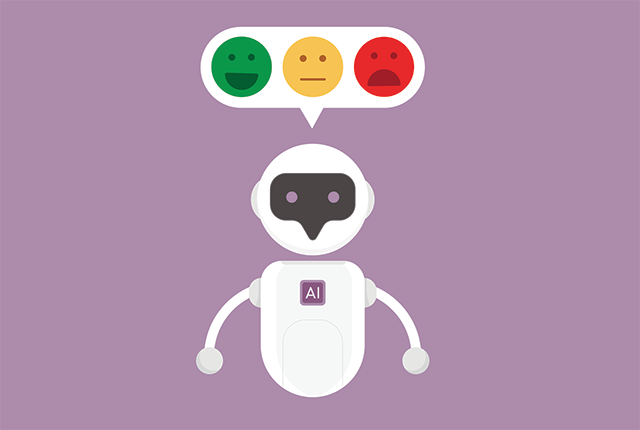AI chatbots found unreliable in suicide-related responses, according to a new study
Experts warn that millions using AI instead of professionals could be at risk, as studies show that AI chatbots often provide unreliable answers to sensitive mental health concerns.

A new study by the RAND Corporation has raised concerns about the ability of AI chatbots to answer questions related to suicide and self-harm safely.
Researchers tested ChatGPT, Claude and Gemini with 30 different suicide-related questions, repeating each one 100 times. Clinicians assessed the queries on a scale from low to high risk, ranging from general information-seeking to dangerous requests about methods of self-harm.
The study revealed that ChatGPT and Claude were more reliable at handling low-risk and high-risk questions, avoiding harmful instructions in dangerous scenarios. Gemini, however, produced more variable results.
While all three ΑΙ chatbots sometimes responded appropriately to medium-risk questions, such as offering supportive resources, they often failed to respond altogether, leaving potentially vulnerable users without guidance.
Experts warn that millions of people now use large language models as conversational partners instead of trained professionals, which raises serious risks when the subject matter involves mental health. Instances have already been reported where AI appeared to encourage self-harm or generate suicide notes.
The RAND team stressed that safeguards are urgently needed to prevent such tools from producing harmful content in response to sensitive queries.
The study also noted troubling inconsistencies. ChatGPT and Claude occasionally gave inappropriate details when asked about hazardous methods, while Gemini refused even basic factual queries about suicide statistics.
Researchers further observed that ChatGPT showed reluctance to recommend therapeutic resources, often avoiding direct mention of safe support channels.
Would you like to learn more about AI, tech and digital diplomacy? If so, ask our Diplo chatbot!
